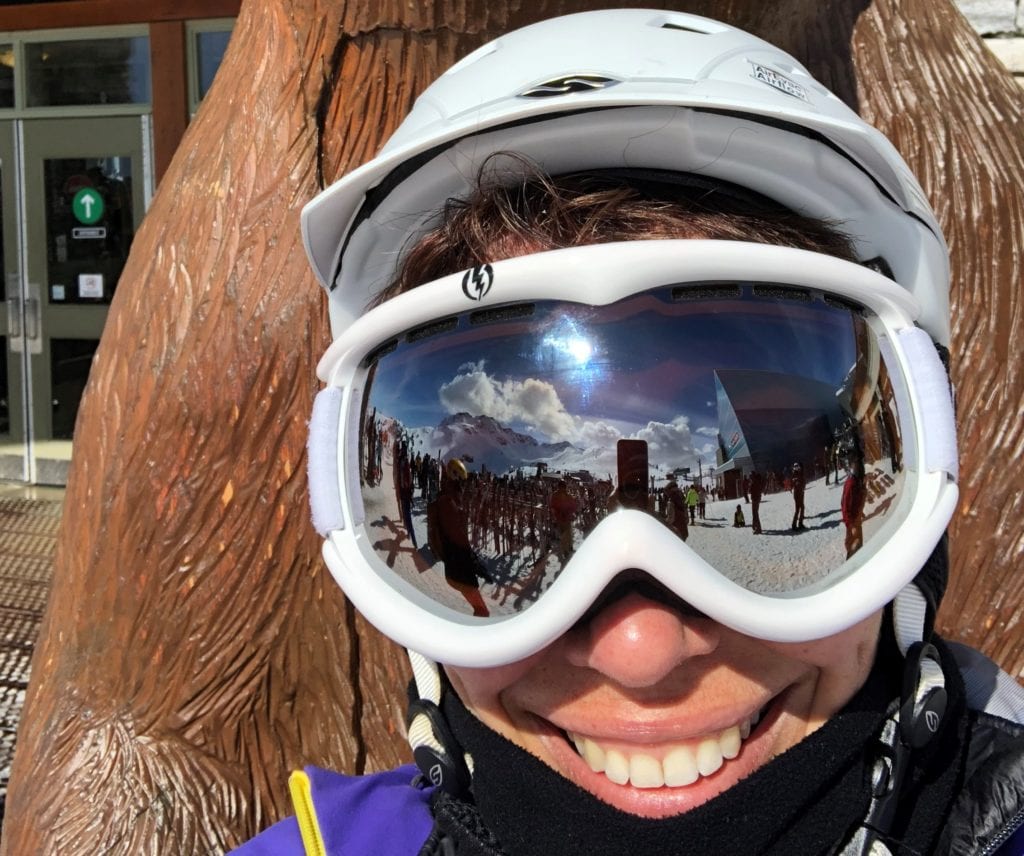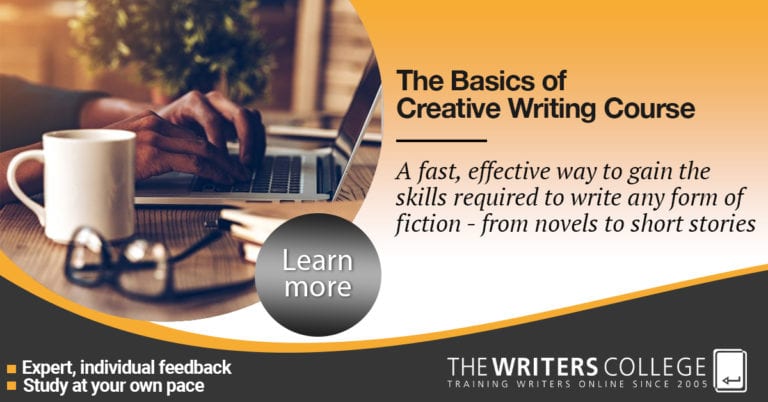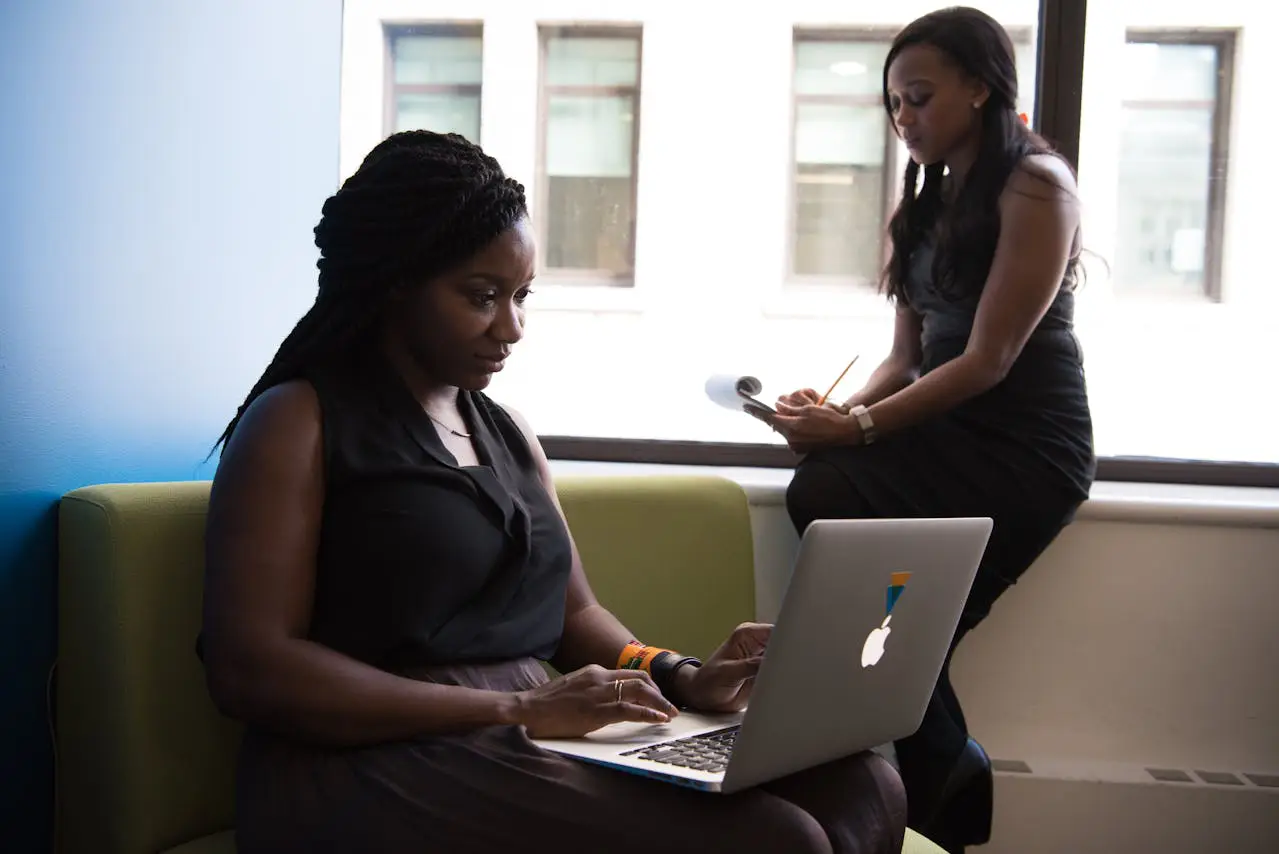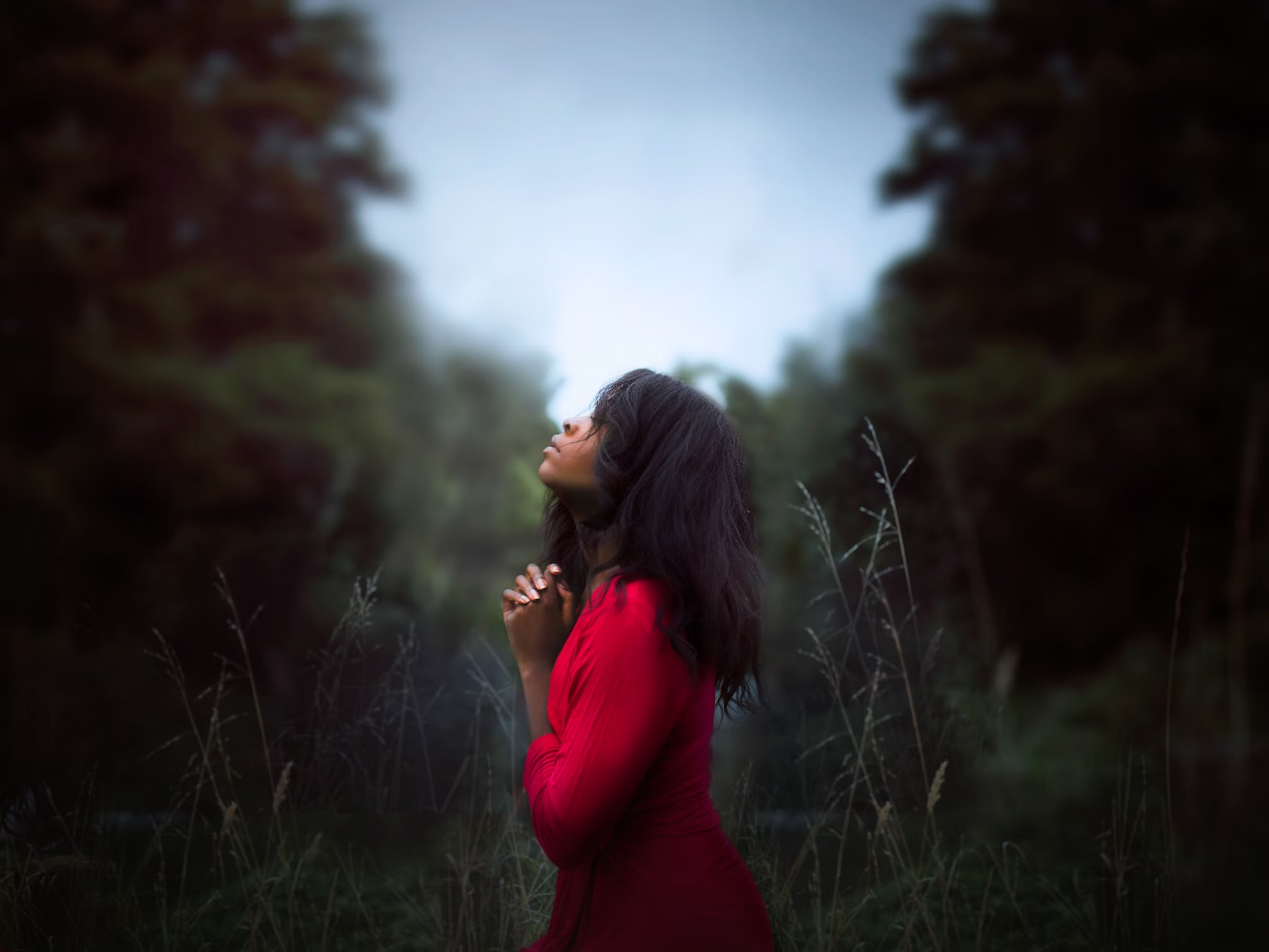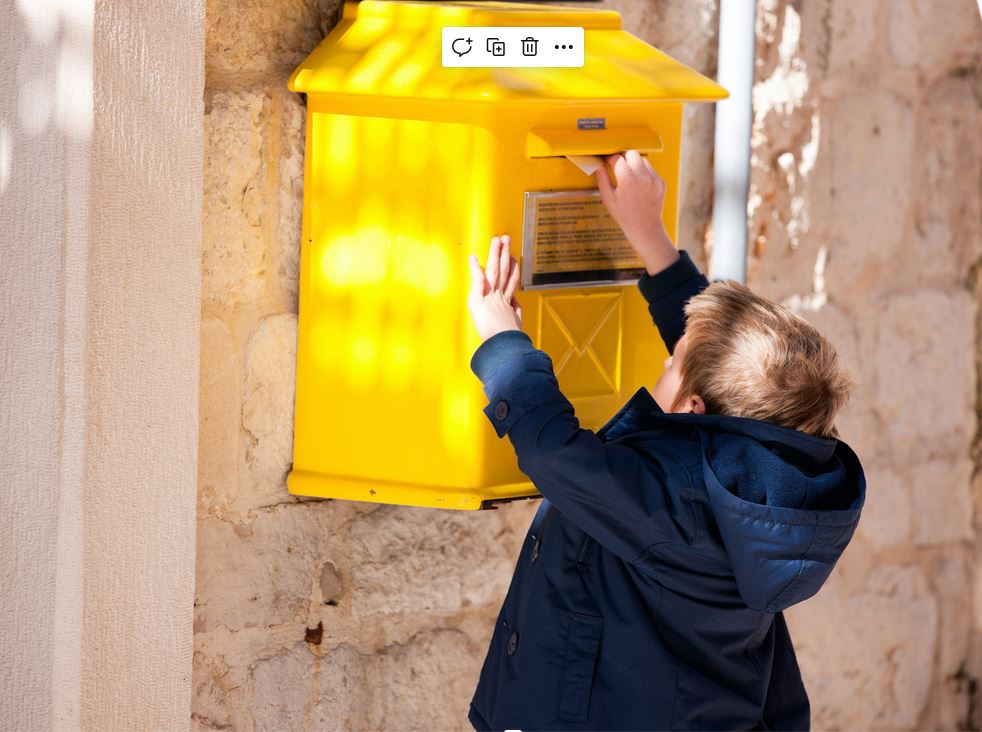Tae Richardson completed the Basic and Advanced Creative Writing Courses, as well as the Literary Short Story Course. We follow up with her on her recent writing successes.
How did your interest in writing start?
As a reader. Some of my earliest memories are reading Maurice Sendak. My father read The Hobbit to me when I was about five, I think the same year that Star Wars was screened in Aoteaora/New Zealand. I’ve been chasing that thrill ever since. When my kids came along I got to read a whole new wave of children’s literature, as well as some classics I had missed out on. And all the while I was reading for myself. I probably read about fifty books a year, fiction and non-fiction.
Some of my favourite authors are Margaret Atwood, George Saunders, Cormac McCarthy, Hilary Mantel—the list goes on—but basically a never-ending feast of things to inspire and delight. Then last year, with the kids getting close to leaving home, I thought I should start to learn some new skills in middle age. Why not learn the craft of creative writing? So I signed up for the Basic of Creative Writing course with Helen Brain. It was the first time I’d written creatively since primary school.
You recently completed some writing courses, and since then you have had a piece accepted in Takahē literary magazine. How did it feel to get published?
Six hundred and thirty words of victory! I wrote it in honour of Ihumātao. I was born in Tāmaki Makau Rau/Auckland, and my children are Māori, so it was personal, relevant and local. To put things in perspective, below is the first piece of creative writing I did last year (those of you who have done the course will recognise the introductory assignment, and also know that this response was not part of the brief LOL. Others will no doubt recognise the nursery rhyme…).
At the pinnacle, triumphant,
On returning, recumbent,
And when they were half way betwixt,
Calculations were redundant.
You were also long-listed in the 2019 NZ Writers College Short Story Competition. How did entering a competition differ from submitting a story for publication?
Actually, I’ve more experience in submitting for competitions than for publication. I guess with competitions there’s the bonus round chance to get long or short-listed, rather than a flat-out ‘no’ from a publication (as you can see, no personalised rejection letters from editors for me as yet).
I’ve had some success in competitions: I’ve been short-listed for a Writers’ Forum short story contest and for the Flash500 flash fiction competition, and I received an honourable mention for the L. Ron Hubbard Writers of the Future contest. For me, the purpose of submitting and entering competitions is to get some feedback that my writing is improving. And to create deadlines.
In your ideal world, where do you see yourself heading with your writing?
To keep improving. To discover my voice. To eventually be skilled enough to write the stories that I want to write, rather than the stories that I am able to write. In time, to write a novel—but I’ve still got a long way to go to understand the mechanics of the short story first.
Do you have any writing rituals that you follow to get in the mood for writing? What does your typical writing session look like?
Reading, deadlines, and lots of cups of tea. Oh, and the pomodoro technique—when it’s hard to get started, making an agreement with myself to write for just twenty-five minutes always seems possible.
What are some of the most important tools you learnt on your writing courses?
Um, all of them (please refer back to question two). Just follow the programme; it’s designed to make each next step a manageable one.
Any resources or tips that you would recommend to other writers just starting out?
The internet is absolutely heaving with resources for writers: take a look, you’ll be surprised. Winning Writers curate a database of competitions for every skill level, including—yippee—beginners. Make a list of publications you’re aiming for. Then remember that your job is to write the best work that you can. It’s the editor’s or judge’s job to decide whether you make the cut.
And if you can’t write your best work? Write something, ANYTHING. You cannot edit a blank page!

